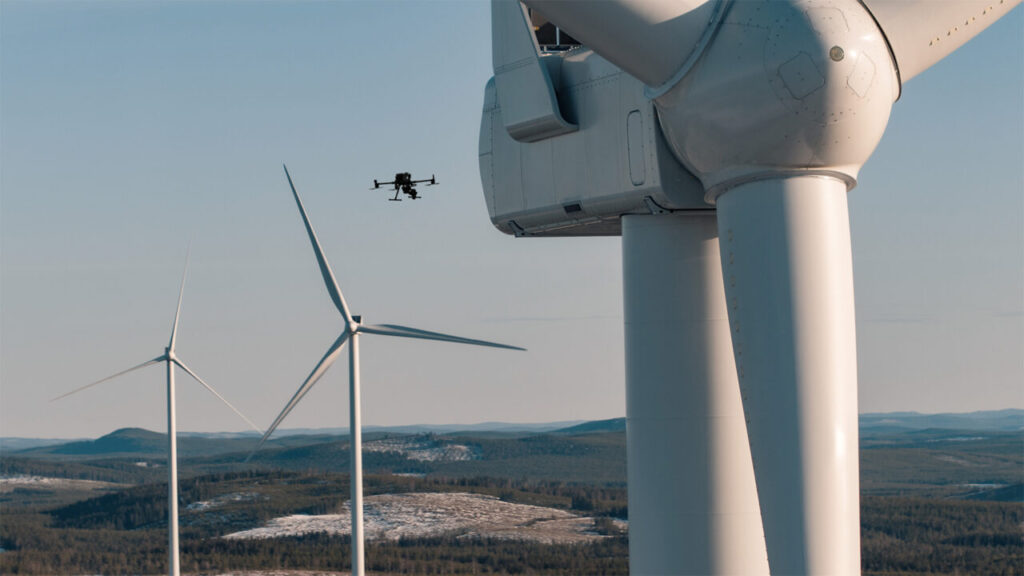Independent renewable energy company RES has announced its acquisition of Sulzer Schmid Laboratories AG (Sulzer Schmid), a Swiss specialist in autonomous drone inspections.
The move aims to bolster RES’ operations and maintenance (O&M) service offering, focusing on wind turbine blade maintenance—an area the company has identified as crucial for optimising the performance and longevity of renewable energy assets.
RES will combine its engineering expertise with Sulzer Schmid’s innovative AI-driven technology. Sulzer Schmid’s proprietary 3DX™ Blade Platform monitors the condition of wind turbine blades utilising autonomous drones and the platform provides comprehensive inspection coverage, providing data that can help support long-term maintenance planning. As RES points out, the rapidly growing renewable energy sector is investing in larger turbines and more sophisticated maintenance solutions. RES aims to use this acquisition to position itself at the vanguard of provisioning for this growing demand.
Increased innovation
According to Wood Mackenzie, the wind O&M market is expected to grow from $32.4 billion (£24.7 billion) in 2023 to $53.7 billion (£40.9 billion) by 2030, with increasing demand for innovative maintenance approaches.
Eduardo Medina, CEO of RES, observed: “Digital innovations in the renewable energy industry are a key enabler of the global energy transition, helping scale infrastructure build-out quickly and efficiently, alongside maximising production from operating assets.”
Tom Sulzer, CEO of Sulzer Schmid, added: “We are excited to join RES, a company that shares our dedication to digital innovation and enhancing the performance and longevity of renewable energy assets. Our customers can expect continued support and improved services, while our 3DX™ technology will play a key role in advancing RES’ digital solutions.”
The integration of Sulzer Schmid’s technologies into the RES portfolio aims to enhance the company’s data-driven solutions with the ultimate goal of reducing inspection time and costs while improving safety and data accuracy.
As the renewables industry continues to grow, companies are looking at tech solutions to enable them to scale effectively. Alongside drone technology, predictive AI is increasingly being used to predict variables such as asset lifecycles and component fatigue and to improve current technology, such as weather prediction methodology. In March, the Conservative government allocated £1.73 million to AI renewable projects, and in a recent guest blog, we looked at how AI is transforming the energy industry.






